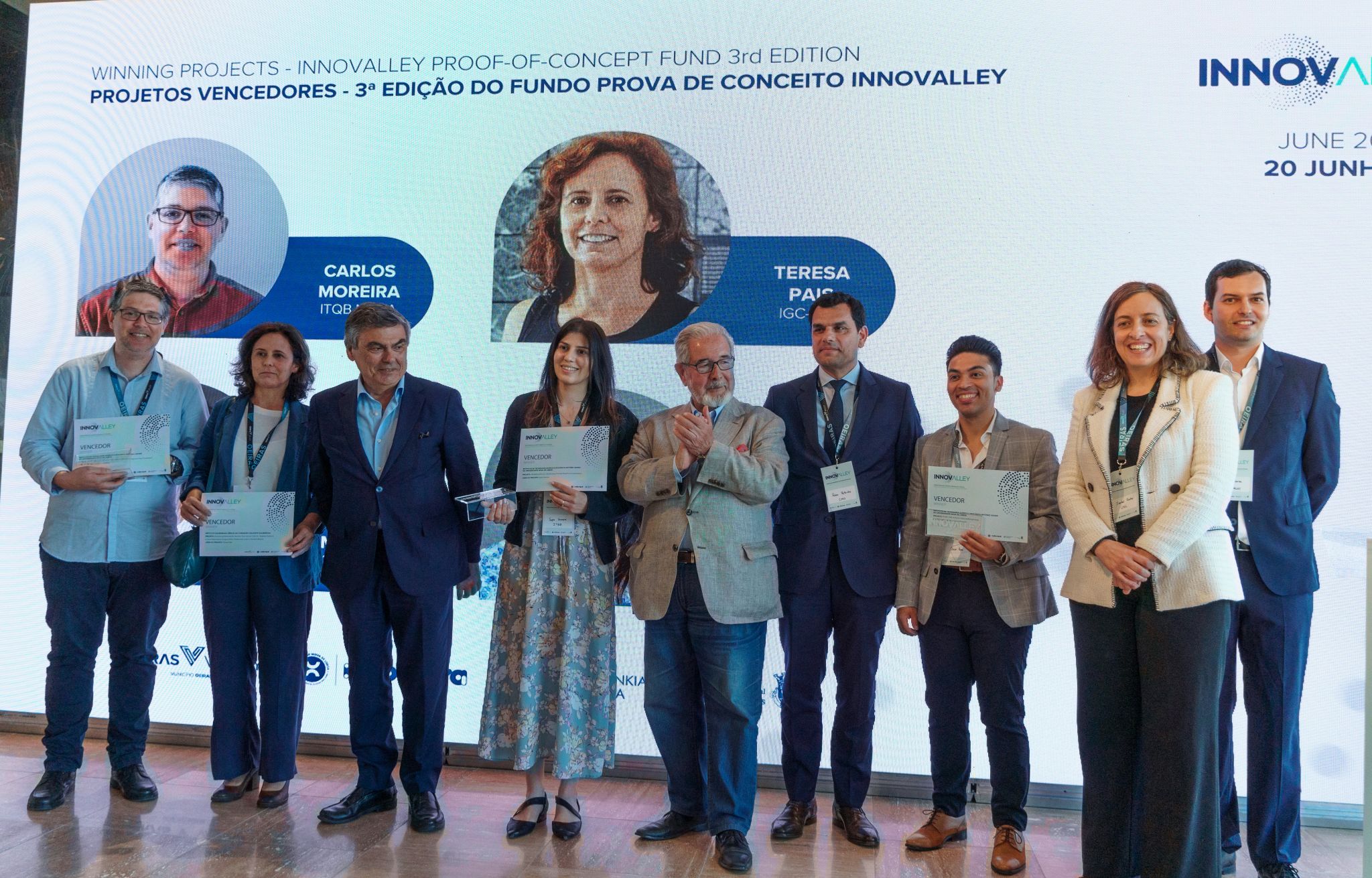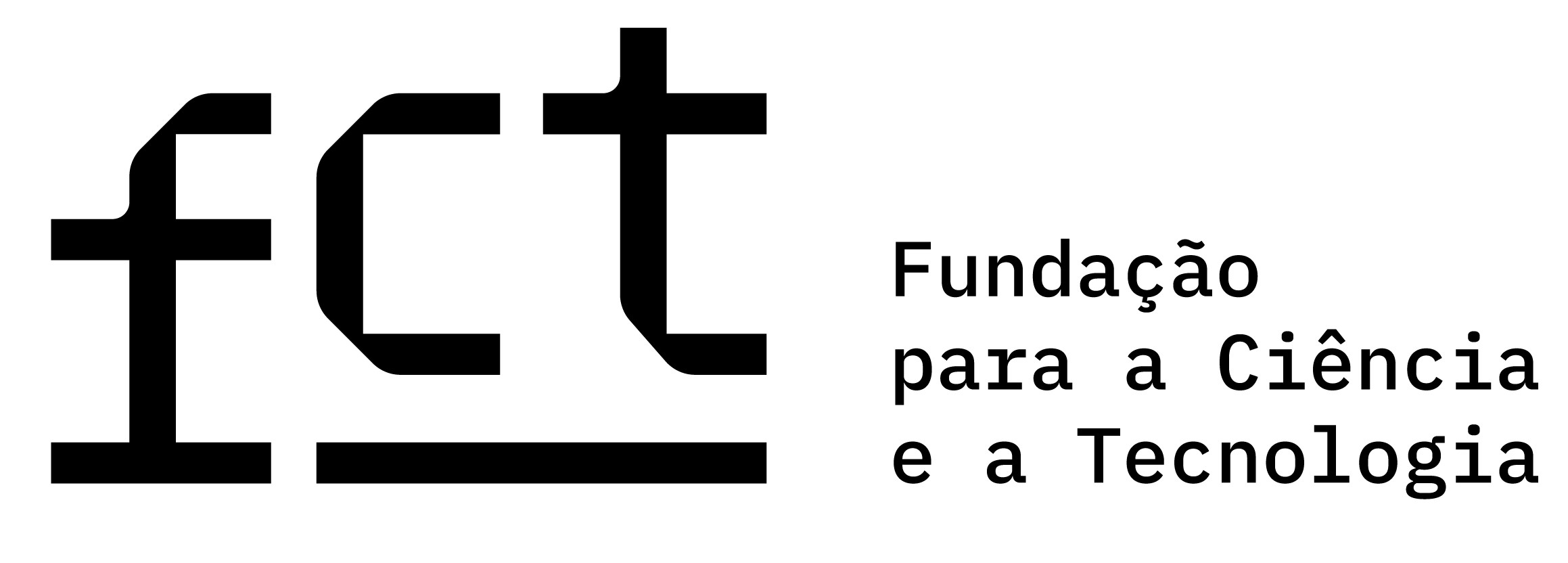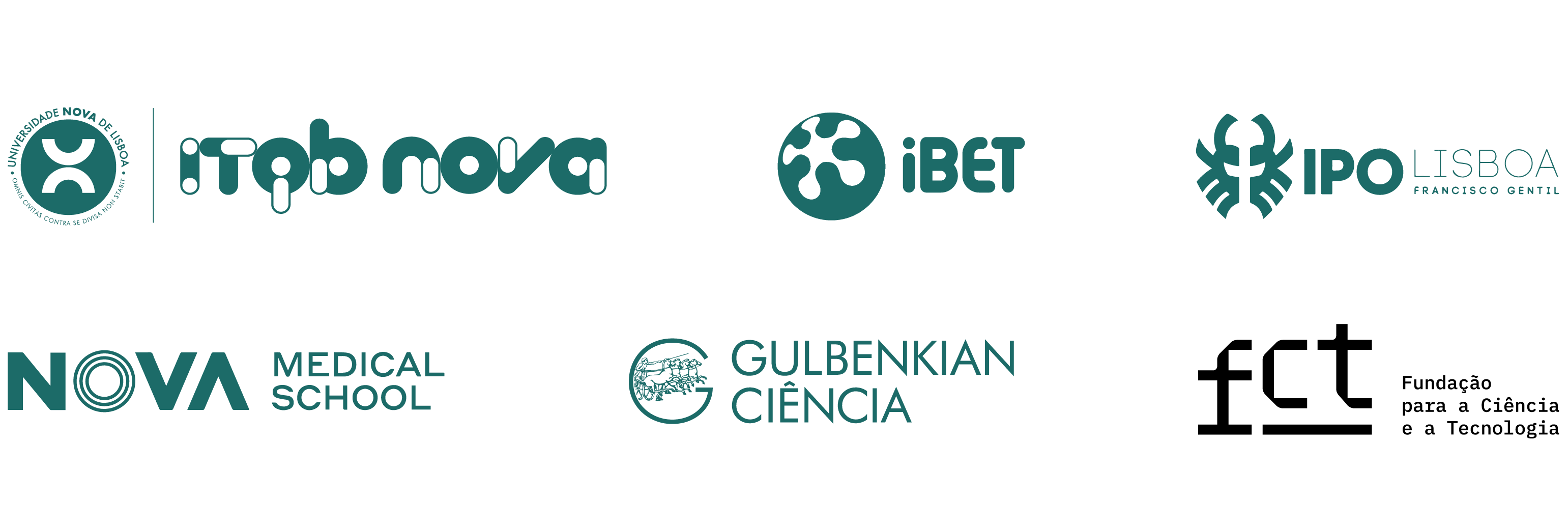InnOValley PoC fund awards 4 projects in the Health and Sustainability areas
This year, the InnOValley Proof of Concept Fund, in a true effort to promote societal challenges with potential commercial applications and intellectual property development, has distinguished four projects in the Health and Sustainability area, each with a 50,000€ prize.
The awardee ceremony took place on June 20th, and several representatives from the Oeiras Municipality, ITQB NOVA, IGC, and the InnOValley office were present.
The awarded projects, which aim to address food security, fungal infections, dopamine production, and cerebral malaria, are led by LS4FUTURE researchers from ITQB NOVA and IGC-FCG, showcasing the translation potential of their work. From 21 proposals, an international panel of innovation experts selected these four projects, awarding 200,000€ to the top translational life sciences projects.
Since its launch in 2021, the InnOValley PoC Fund has awarded 650,000€, and previous winners have secured an additional 250,000€ in international funding and registered three patents.
Awarded projects:
COPE – Cutin Oligomeric Plant Immune Elicitors to Improve Plant Protection
Lead Applicant: Carlos Moreira – ITQB NOVA
Focus: Sustainability
Summary: This project aims to enhance plant protection by using oligomers derived from the plant cuticle’s polymeric matrix (cutin) produced from agricultural waste. These oligomers activate plant immunity, offering a sustainable alternative to current treatments that harm biodiversity and soil quality. The project supports the circular economy by using tomato pomace, an abundant by-product, to create safe immune inducers for crops.
PONTUSIN: A First-in-Class Antifungal Drug
Lead Applicant: Catarina Pimentel – ITQB NOVA
Focus: Human Health and Disease
Summary: The project focuses on developing pontusin, a compound isolated from a marine organism with excellent antifungal potential against multidrug-resistant fungi. Given the rising mortality and morbidity rates from invasive fungal infections, this project aims to synthesize pontusin in a sustainable manner and develop even more effective derivatives, addressing a critical need identified by the WHO.
NOVADopaStream: Accelerating Precise Dopamine Fermentation
Lead Applicant: Sofia Ferreira – ITQB NOVA
Focus: Sustainability
Summary: This project aims to enhance dopamine production via precision fermentation, using modified microorganisms. Dopamine is essential for treating circulatory disorders and has applications in advanced carbon materials. The project seeks to overcome current production challenges and increase dopamine yield, targeting a concentration of 2 g/L within a year, to establish a more sustainable production route.
Harnessing Extracellular Vesicles for Targeted Drug Delivery in Cerebral Malaria
Lead Applicant: Teresa Pais – IGC
Focus: Human Health and Disease
Summary: This project uses extracellular vesicles (EVs) from human cells to deliver anti-inflammatory drugs specifically to brain endothelial cells (BECs) in cerebral malaria (CM), a disease killing over 150,000 children annually. The project aims to load EVs with antagonists of innate immunity receptors and test their effectiveness in inhibiting key inflammatory pathways in BECs. Success in this project could lead to new treatments for CM.





